Pelham students like to walkout, but does it do anything?
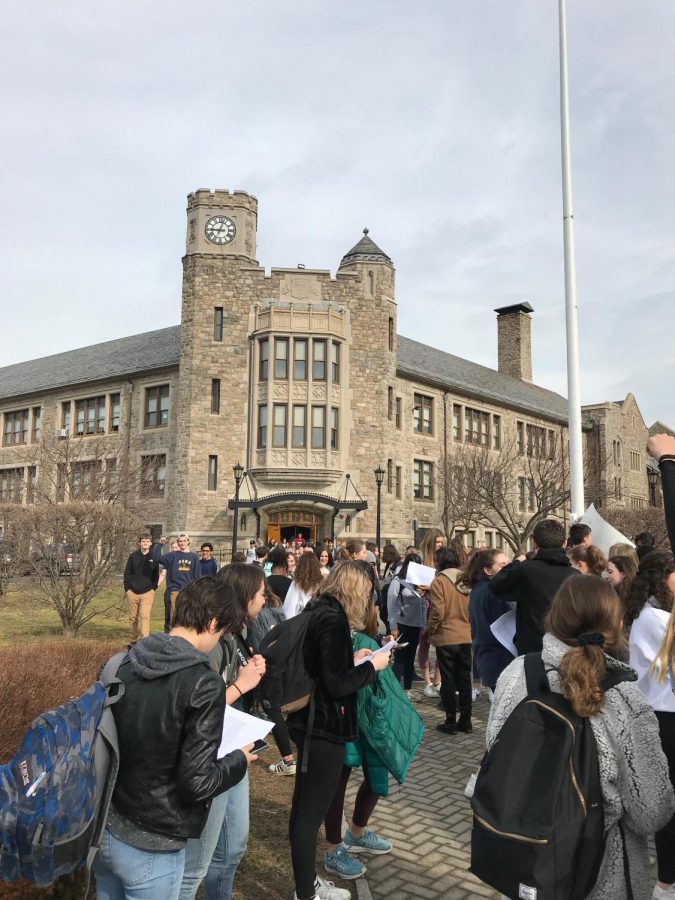
Make no mistake, I’m a believer in climate change and global warming. I’ve seen the evidence and I believe it’s true. But when I first heard about this walkout, I laughed. The argument in favor was that it would raise awareness, but does it really? Do we even need to raise awareness for this issue? The simple answer is that it doesn’t, and we don’t.
Let’s first look specifically at the issue at hand—climate change. If the aim of this movement really was to bring attention to the issue, was that even needed? Since this current Congress was seated, for the first time in many years, the House of Representatives established a select committee on the climate crisis. In addition, the Center for Climate and Energy Solutions points out several programs already being implemented by our government, including the Natural Gas STAR program and the Advanced Research Projects Agency-Energy (ARPA-E), both of which are working to reduce emissions and find clearer energy in the name of fixing climate change. In fact, as recently as last month, ARPA-E announced nearly 15 million dollars in grants which cover 4 projects that attempt to prepare the US power grid for the energy sources of the future. Both the new Select Committee on Climate Change, and the government’s other projects clearly show that this issue is already being noticed by the Federal government, months before this walkout took place. If the government already knows about it, and is taking action against it, how much more can a walkout help?
Not only do walkouts often succeed to raise awareness for issues which the government and the people are already plenty aware of, but they also succeed in distracting and disrupting the school day, ignoring the consequences that their actions may have on the student body who are continuing their study. Again, looking at the walkout on Friday, even though the organizers consistently referred to it as “silent,” students who participated decided to plow through the hallways talking loudly, causing students to be more focused on this supposedly silent protest than they were on their lessons. Not only does the noisiness of the protesters disrupt the school day, but the school’s decision to disregard their own rules regarding unexcused absences points to an even bigger issue.
Under normal circumstances, PMHS’s student manual describes cutting as “an unauthorized or unexcused absence from an assigned class or study hall,” with even the first offense resulting in one week of morning or lunch detention as well as parent contact. Meanwhile, for this walkout, in a letter sent to parents, the PMHS administration states that although the absence would still be marked as unexcused, “students who participate will not be penalized.” This disparity between punishments proves three major arguments against walkouts.
First, it showcases a blatant double standard. How can some students be penalized for what the school describes as “unexcused” when others aren’t? According to the student handbook, unexcused absences include. “without limitation,” caring for younger siblings, family obligations, and even community service. Are the students who walked out any more deserving of leniency than those who have to care for their siblings?
The second issue that this raises is of the legitimacy of the protest. From Gandhi’s salt march to the Boston Tea Party, nearly every protest in history has one trait in common- they are acts of civil disobedience. Since this and previous walkouts had no punishment for student skipping of class, is it truly an act of civil disobedience? Absolutely not, which again further limits the efficacy of the argument being made by those who did decide to walk out.
Finally, the lack of punishment also calls into question the “participants” of the protest. This protest took up approximately 3o minutes of time during class. 30 minutes of time in which a student would otherwise be forced to sit at a desk listening to what they feel is a boring lecture, or mind-numbing classwork. Instead, these students can skip their classes for a half hour without repercussions thanks to the protections given by the schools. This again undermines the legitimacy of the protest, as there’s no way to actually figure out which students support the cause.
Climate change is a real and serious issue facing Pelham, our nation, and the world. But walkouts like the ones held across the globe on March 15, specifically the one here in Pelham, fail to actually contribute anything to the issue. Leaders claim to be helping raise awareness for the issue, but people have already been proven to be plenty aware of this issue. The students who participate in this protest, and those like it, only succeed in contributing a needless distraction to the school day, and harm the education of not just themselves but of their peers as well. And by standing idly by and watching, PMHS and PUFSD succeed in doing nothing but making matters worse. If they truly wanted to help fight climate change, stay in your classes. Learn something, and be better leaders for the students of tomorrow.
A counter-argument in favor of walkouts can be found here.
Nick Lieggi is a freshman at Oxford College of Emory University and was a member of the PMHS class of 2020. He began his journalism career at the Pelham...



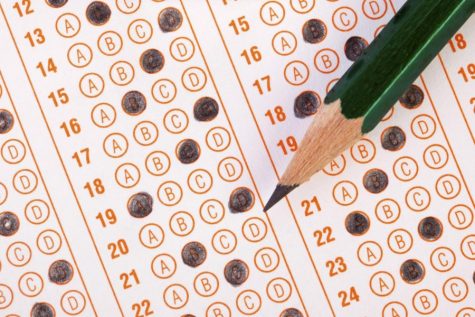
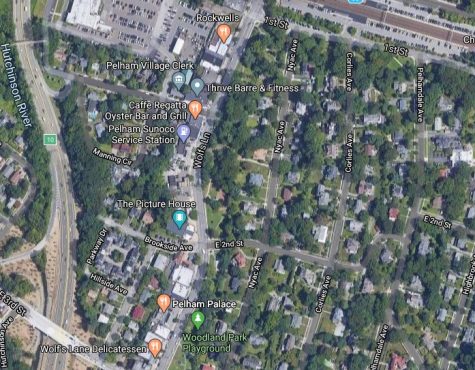

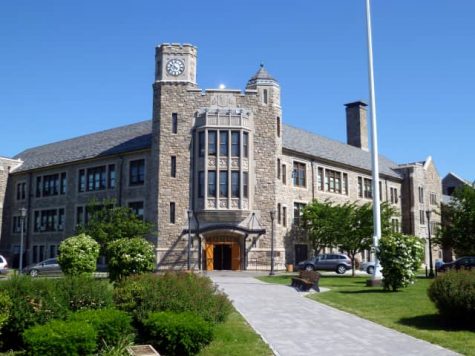

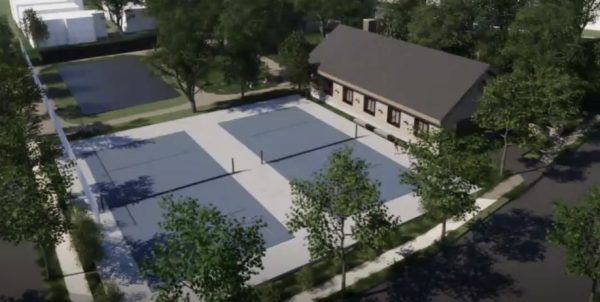




Irene Morfit • Mar 20, 2019 at 8:13 pm
Well written and solid arguments! I am not for anything that disrupts the school day!! This walk out could have been scheduled at the end of the day and not interfered with classes.
Brian McFarland • Mar 20, 2019 at 8:07 pm
Beautifully written Mr. Lieggi. I completely agree. The awareness is there and the walkout only harmed the students education.
Mindy Squeo • Mar 20, 2019 at 3:41 pm
The message from this next generation of voters to elected representatives is clear…climate change should be a priority to which BILlIONS, not millions are designated. Kudos to the school for fostering peaceful protest and activism, the bedrock of the USA.
LH • Mar 20, 2019 at 1:52 pm
Dude, come on. You clearly don’t understand climate change if this is your argument against the walkouts. 15 million in ARPA-E grants? Pack it up, everyone–we’ve got climate change in the bag! Wow, what a joke of a column.
Joan • Mar 20, 2019 at 10:46 am
I continue to be impressed by Nick Lieggi’s writing. He has a well thought out, well researched, well delivered argument. Well done!
Sil Spagnuolo • Mar 19, 2019 at 9:26 am
Couldn’t agree more Mr Lieggi.
Well thought out piece.